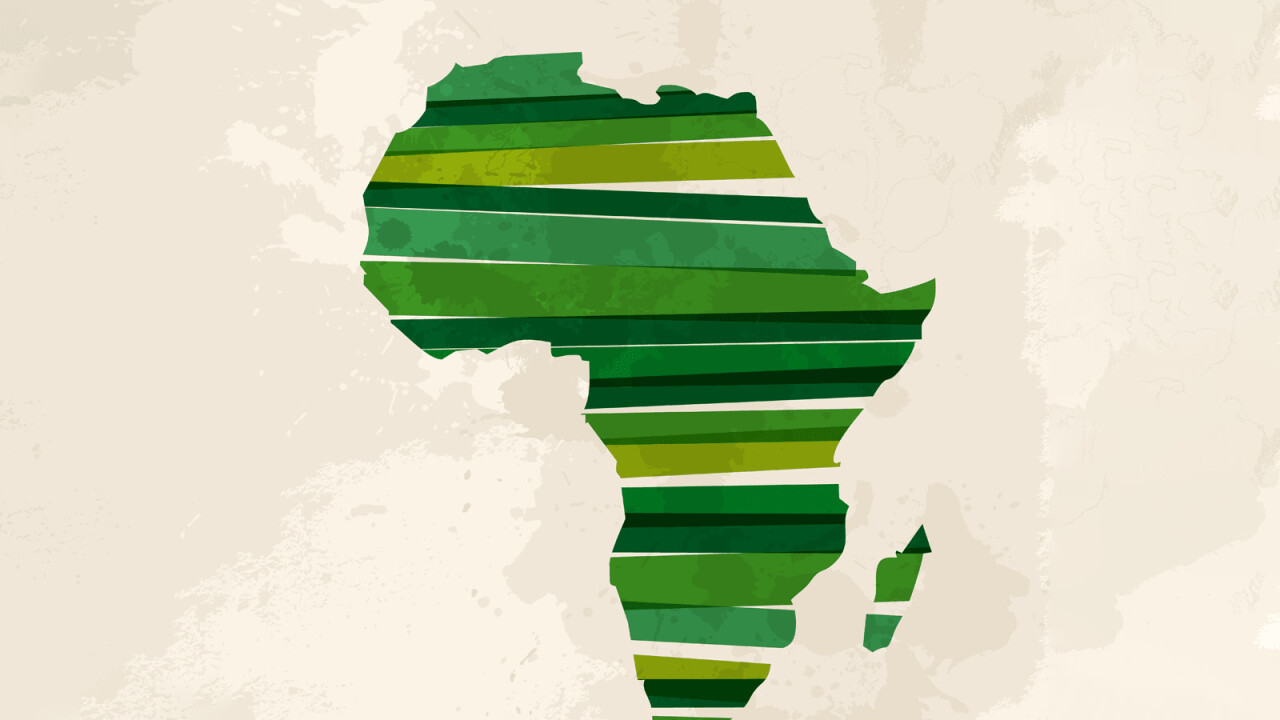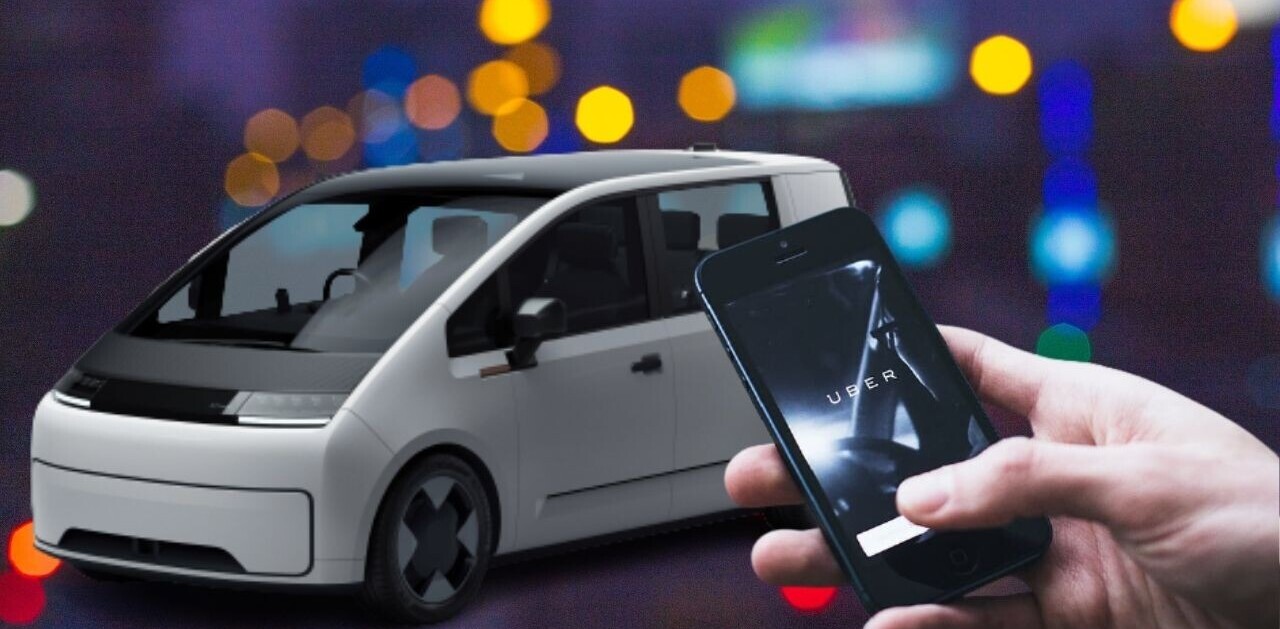
Typically Uber’s business model in emerging markets has been to expand to the major cities of as many countries as possible, ignoring smaller cities and towns.
A change in philosophy was, however, evident during March, with the taxi app’s operations in Africa speaking to this. Firstly, Uber started targeting more minor cities in markets in which it already operates.
In Nigeria, where the company until now only had a presence in Lagos, Uber launched services in Abuja with a loud marketing campaign. The company also made it possible to hail a cab using the platform from within Google Maps, while also launching a campaign to get more Nigerian drivers on the road.
There was further expansion within countries where it already operates in Kenya, where Uber launched in the coastal city of Mombasa for the first time, again with a significant marketing campaign. This was in spite of a violent attack on an Uber driver in the capital city Nairobi.
Developments are also expected in South Africa, where Uber has a presence in Johannesburg and Cape Town. Reports this month suggested the company’s courier service UberRUSH is likely to launch in the country by the end of the year.

Africa Internet Group (AIG), which runs a number of companies across Africa including e-commerce platform Jumia, food delivery app HelloFood and hotel booking platform Jovago, secured further funding worth US$245 million from investors including Goldman Sachs, MTN and Rocket Internet.
Coupled with an investment the previous month from insurance company AXA, the funding takes AIG’s valuation to over US$1 billion, with some suggesting this makes it Africa’s first unicorn.
There were some other big deals over the course of the month as well, with Nigerian discount deals platform DealDey acquired by a joint venture between Ringier Africa and Silvertree. To wrap up a successful month for Nigerian tech businesses, S&T Media raised US$1 million from investment firm EchoVC to scale its petrol pump digital advertising operations.
Investments continued apace during March. South African recruitment startup Giraffe made the news by emerging the overall winner of the Seedstars World emerging market startups competition, securing US$500,000 in funding. Fellow South African companies TaxTim and Eduze also raised funds during the month, the latter from TED.

Moreover, this flow of cash is only set to continue. In March alone, a variety of new funds were announced. The inaugural Africa Business Angel Forum held in London saw two funds announced to support tech startups, to the tune of US$60 million. United+ announced a US$50 million fund, while agri-focused fund Aurorae, backed by AXA Ventures, announced US$10 million worth of backing.
More was to come, with South African VC firm Grovest announcing it has raised US$4 million to invest in local tech businesses, an innovation fund launched for startups in Tanzania, and Caban Investments announcing it is raising a US$42 million fund for tech investments.
Other significant launches saw US firm Neumob, which claims to boost app performance and helps them run up to 10 times faster, arrive in Africa, establishing new points of presence in Nairobi, Lagos and Johannesburg.
Elsewhere, uGoMyWay launched in Cape Town, providing users with a ridesharing and carpooling application. On a slightly larger scale, South African mobile operator Telkom’s business unit launched new Pocket Wi-Fi solution, offering businesses mobile data connectivity in over 140 countries across the globe.
Wi-Fi proved popular in March, as Liquid Telecom Kenya launched an app mapping the more than 350 free Wi-Fi hotspots it has installed so far across the country.
Read next: Are unicorns on the verge of extinction?
Get the TNW newsletter
Get the most important tech news in your inbox each week.




